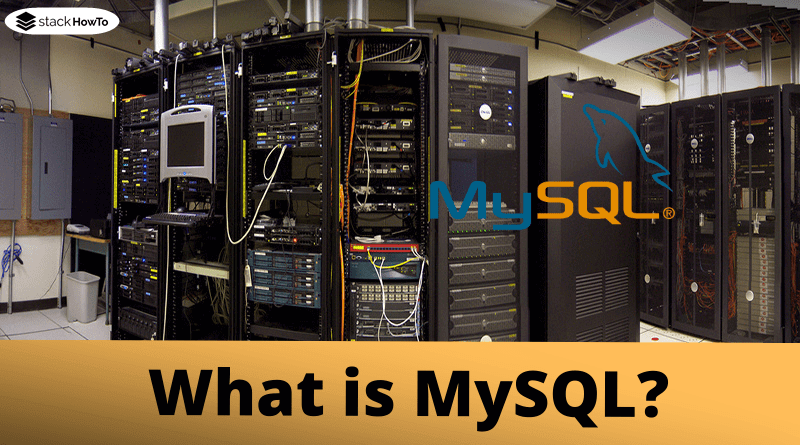What is MySQL?
MySQL is a globally used relational database system. It is the technical basis for many content management systems that are used to store data. The system is popular because it can process large amounts of data quickly.
What is MySQL
The abbreviation “SQL” means Structured Query Language and the abbreviation “My” stands for the first name of the daughter of a developer of MySQL. Since the software was released, MySQL has since become one of the most widely used database systems worldwide. Among the content management systems such as WordPress or TYPO3, MySQL is used as a database system together with the scripting language PHP to provide dynamic websites.
By using the database system, data can be processed quickly and efficiently. Another advantage is that the data takes up very little space when it is stored. The database language SQL is used to control the database. MySQL does not have its own graphical user interface, but this can be implemented using external programs.
There are numerous free programs for this, these provide a graphical interface for administration and operation. For example, the free program from phpMyAdmin can be used for this. MySQL’s software is available as open-source software, but also as commercial software and is compatible with many operating systems.
How does MySQL work?
MySQL uses the client-server principle and consists of the MySQL server and one or many MySQL clients. The database system is provided by the MySQL server and thus takes care of the storage and distribution of the data. Within the databases there are two-dimensional tables in which all data are located, in these, there are different columns and rows and different data types. These differ in numerical data, date and time formats, and character strings.
The MySQL clients have the option of calling up or processing data via structured queries using the database engine. In addition, data can be changed, deleted, or inserted using the MySQL database language. Therefore, MySQL is perfect for managing a large number of different databases. Depending on the use, the database can be accessed via the public Internet or an internal network.
In order to control access to the data correctly, the software assigns different rights to the clients. The assigned rights can be used to control which databases or data a specific client is allowed to access. To improve performance, the results of the queries are temporarily stored in a cache.
Because of this, MySQL is considered very safe and stable. The database system itself can be used very flexibly and has various interfaces to different languages and applications. The relational database system is also very easy to operate.
The history of MySQL
The development of MySQL began in 1994, the Swedish company MySQL AB developed the software. The first publication appeared just three years later. In 2008 the company Sun Microsystems took over MySQL AB and developed the software further. Version 5.1 was released in 2008 and in 2010 Oracle bought Sun Microsystems. Also under Oracle, the improvement of the software is continuously being worked on and several releases have already been published. The source code of MySQL is freely available because the system was originally developed as freeware.
Distribution and use of MySQL
MySQL is one of the world’s most widely used data management systems based on open-source software. The software is usually used in conjunction with the PHP scripting language and a webserver to store the data. Most content management systems like WordPress etc. are based on MySQL. The software is also very popular with many online shop systems and is therefore often used. MySQL and PHP, therefore, belong to the basic basis of the web servers of web hosting providers. Big and well-known names like Facebook, YouTube, or Google also use the MySQL system.
Conclusion
MySQL is therefore a relational data management system that is accessible to everyone. For WordPress sites, for example, this means that blog posts, users, and plugin information can be saved. These are stored in tables specially provided for this purpose and are also linked with keys, hence the term “relational”.





